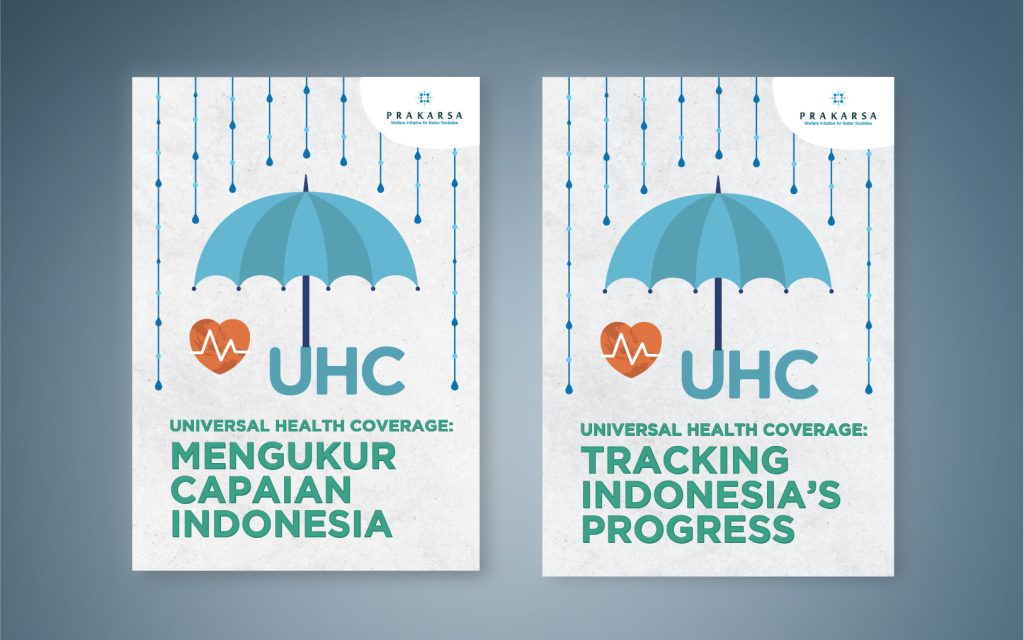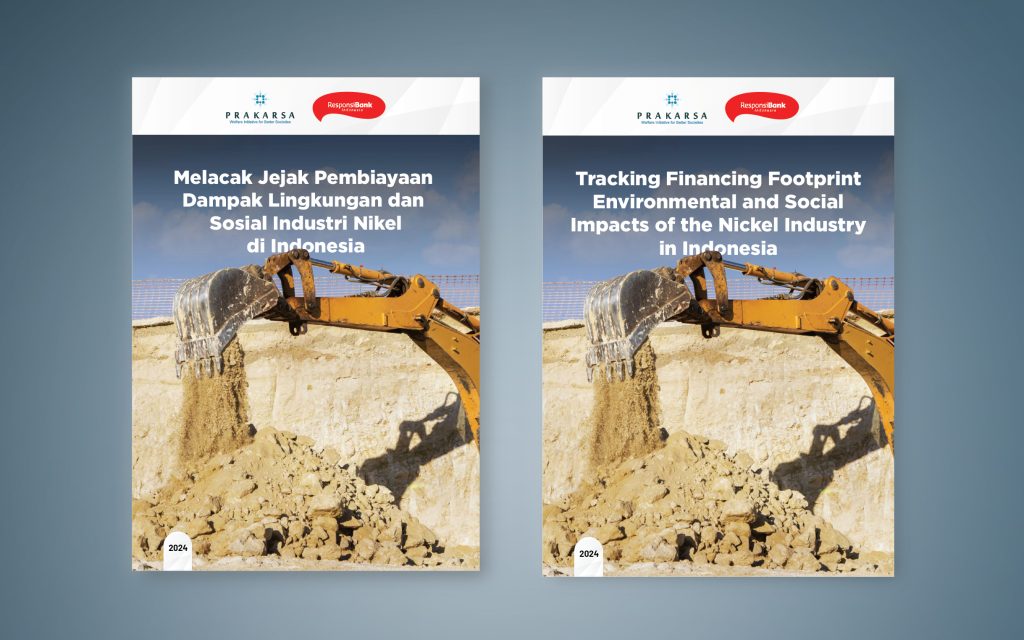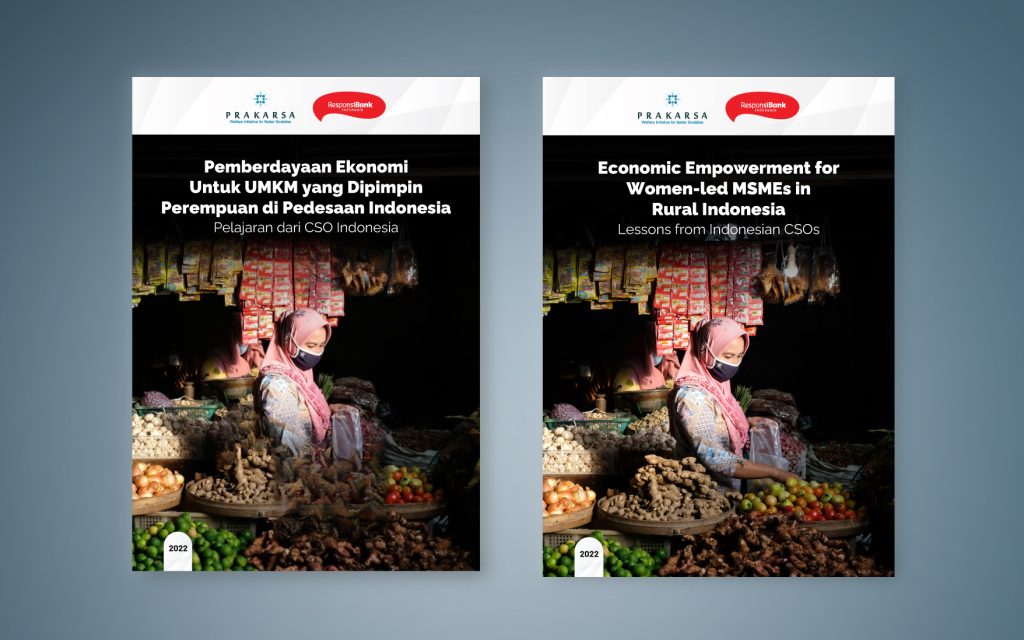
The right to live in physical and spiritual prosperity and the right to obtain health services are some of the rights of citizens as enshrined in the constitution of the Republic of Indonesia. The state's obligation to provide protection and health services as well as social security is then specifically regulated in Law Number 40 of 2004 concerning the National Social Security System and Law Number 36 of 2009 concerning Health.
In a further framework, the United Nations (UN) through article 25 of 1948 concerning the Universal Declaration of Human Rights states that "Everyone has the right to an adequate standard of living, the right to health and well-being for himself and his family, including food, clothing, , housing and necessary medical care and social services”.
In 2014, as a form of commitment to protect the right to health, the Government of Indonesia launched the National Health Insurance Program (JKN) which is intended for all Indonesians. This program is a concrete effort of the government to provide universal health insurance or Universal Healthcare Coverage (UHC). Until 2019, the coverage of JKN participation based on data as of December 2019, was only 224,1 million or 83 percent of the total population of Indonesia. This figure missed the government's target which promised a hundred percent achievement in 2017. The delay in the achievement of participation was getting worse when the problem of the health insurance financing deficit was getting bigger.
In the midst of a financial crisis, there are still very few parties who evaluate the progress of UHC achievements in Indonesia. On this basis, PRAKARSA took the initiative to monitor UHC achievements in Indonesia. Based on a concept developed by the World Health Organization (WHO), UHC is a situation where everyone has access to the health services they need, anytime and anywhere, without experiencing technical difficulties and financial constraints. Furthermore, as an effort to accelerate the achievement of UHC worldwide, UN member states are bound by the Sustainable Development Goals (SDGs) which reaffirm a global commitment to achieving UHC coverage by 2030. This means that everyone, everywhere the world, must have access to the high-quality health services they need – promotive, preventive, curative, rehabilitative or palliative – without facing discrimination, technical difficulties and financial constraints.
To measure this, PRAKARSA uses the WHO methodology to see the progress of UHC achievements by looking at two aspects: 1) UHC Service Coverage, namely measuring the progress of health service coverage in all provinces in Indonesia and 2). Financial Protection, which measures catastrophic spending and people who are impoverished as a result of spending out-of-pocket for access to health services in all provinces in Indonesia.
PRAKARSA as an organization think-tank who have participated in fighting for the importance of welfare protection in Indonesia feel an interest in measuring UHC achievements to find evidence of what has been successful and what improvements need to be made. The results of this measurement are certainly expected to be a reference for the government or other parties to build strategic steps forward related to improving the accessibility and quality of national health insurance.
Through a very intensive process, PRAKARSA succeeded in measuring the extent to which UHC in Indonesia was achieved. The report you are reading represents our sincerity to contribute to the development of better human resources to create a prosperous, just and equal country. PRAKARSA believe, UHC is not a dream for the future. This has become a reality in many countries, both developed and developing countries. Indonesia needs to push itself so that the achievements of UHC become a reality so that it can realize the mandate of the constitution and laws. However, without accessible and quality healthcare, this can remain an empty promise.
Thanks and congratulations to the main research team at Herawati, Adrian Chrisnahutama and Robert Franzone, who diligently collected the data and wrote the results. To Herni Ramdlaningrum, Cut Nurul Aidha and Eka Afrina Djamhari who provided supervision and provided constructive criticism to sharpen the report so as to obtain satisfactory results. And thanks to all parties, both internal and external, who have helped work on this report, especially to Brot fur die Welt. Hard work will never betray results and the highest good intentions are those that are carried out in the form of deeds.



